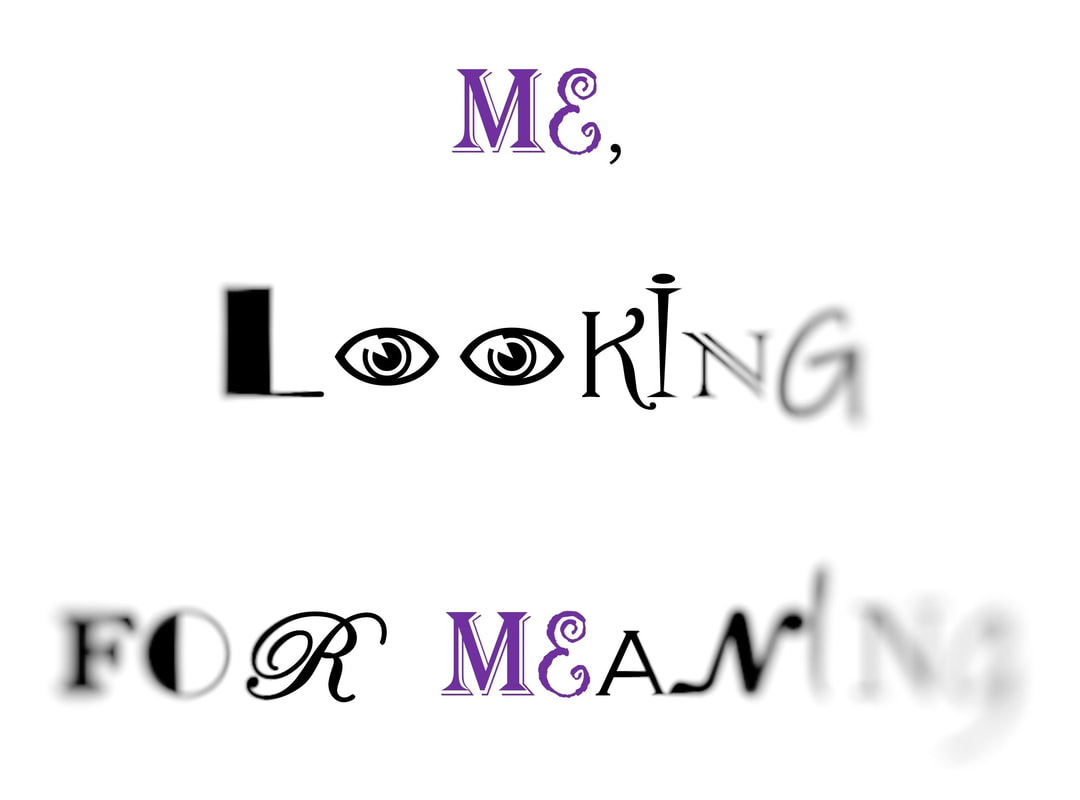Why Is Language So Unhelpful?

Has this ever happened to you? You are talking to somebody, and it feels like the other person is completely missing your point, although the two of you are using the same words. This can feel confusing, frustrating, even infuriating: "Is he stupid?!". If you have experienced this situation, you are not alone. And, actually, it's nobody's fault. Many conflicts - big and small - happen because we assume that language is a simple and transparent tool that helps us understand each other. Alas, it is not.
To clarify: I do think that language is essential, as it allows people create and share knowledge, set and achieve common goals. You cannot convey any complex ideas nonverbally. That's true even for relatively simple statements. For instance, try communicating to somebody the phrase "I have never been to Paris" using only your gestures and facial expressions. (Side note: sign language is a language, so the fact that you can use it to "say" the phrase above does not count). It is not an understatement to say that the human ability to communicate through words has made complex human civilizations possible. On the individual level, you would not have become an actual person without verbal communication (as stories of children brought up by animals illustrate).
And yet there are so many things we cannot express through words! For example, smells. I have realized that by doing aromatherapy with essential oils. No words (sweet, earthy, woody, green, spicy, floral, etc.) can prepare you for a fragrance you have never experienced before. Same is with tastes. Can you really describe sensations of your palate as you are biting into a mango or savoring a slice of avocado? Even the taste of the most mundane fruit - say, a Granny Smith apple - defies an accurate description, which may be difficult for most of us to believe because we have tried it.
"Who cares about flavors?" one may say. Does it really matter if I cannot communicate to somebody unfamiliar with lemons what they smell or taste like? The most important thing is that we can use language to discuss useful things, like building houses and curing diseases. I agree that we should not ignore the importance of language, and we must do our best to express our ideas to each other as clearly as possible. My point is definitely not that we have to give up on words because they cannot help us communicate exactly what we are feeling and thinking. The practical aspect of language requires mastery, which we can only hope to achieve if we believe in this tool's benefits.
Yet, the question remains: what are we supposed to do with the fact that language can be also very unhelpful? And not just when we talk about tastes and smells, but also when we are discussing complex ideas that could help us understand ourselves, solve our conflicts and improve the way society works. The situation I described in the very beginning of this page - you and your interlocutor completely missing each other's points despite speaking the same language - is not a glitch. If we pay attention, we will notice that it happens all the time. Moreover, even when assume that the other person understood us completely, we are often deluding ourselves.
There are a few interconnected reasons for this profound miscommunication:
1) All people have unique experiences. Even people from the same community, with similar traits, living in the same time period. You may, of course, say that nuances are irrelevant. Sometimes they are not, but in other cases they are crucial.
2) Words help us generalize our experiences and find overlaps, but they cannot fully convey the complexity of our experiences.
3) Words have different meanings for different people, and these meanings go far beyond dictionary definitions. Combination of words complicate things further, as well as human tendency to use nonliteral communication quite a bit. It, therefore, remains a mystery how much we can really understand each other.
4) Despite these nuances, we usually assume that words (in the same language) mean the same thing for everybody who speaks this language, with some minor variations based on dictionary meanings.
To put it differently, language is a medium - a form of media. It is a channel that we use to transmit to each other our unique experiences and ideas based on them. As any other tool created by human beings, it has limited capacities and it reflects people's biases. Of course, language has plenty of benefits as well. I believe that, in order to make the most of this tool, we need to understand both its advantages and its imperfections.
Related blog post: WE ALL ARE MADLY, TERRIBLY LONELY (But Not Really)
About this project: Start page
To clarify: I do think that language is essential, as it allows people create and share knowledge, set and achieve common goals. You cannot convey any complex ideas nonverbally. That's true even for relatively simple statements. For instance, try communicating to somebody the phrase "I have never been to Paris" using only your gestures and facial expressions. (Side note: sign language is a language, so the fact that you can use it to "say" the phrase above does not count). It is not an understatement to say that the human ability to communicate through words has made complex human civilizations possible. On the individual level, you would not have become an actual person without verbal communication (as stories of children brought up by animals illustrate).
And yet there are so many things we cannot express through words! For example, smells. I have realized that by doing aromatherapy with essential oils. No words (sweet, earthy, woody, green, spicy, floral, etc.) can prepare you for a fragrance you have never experienced before. Same is with tastes. Can you really describe sensations of your palate as you are biting into a mango or savoring a slice of avocado? Even the taste of the most mundane fruit - say, a Granny Smith apple - defies an accurate description, which may be difficult for most of us to believe because we have tried it.
"Who cares about flavors?" one may say. Does it really matter if I cannot communicate to somebody unfamiliar with lemons what they smell or taste like? The most important thing is that we can use language to discuss useful things, like building houses and curing diseases. I agree that we should not ignore the importance of language, and we must do our best to express our ideas to each other as clearly as possible. My point is definitely not that we have to give up on words because they cannot help us communicate exactly what we are feeling and thinking. The practical aspect of language requires mastery, which we can only hope to achieve if we believe in this tool's benefits.
Yet, the question remains: what are we supposed to do with the fact that language can be also very unhelpful? And not just when we talk about tastes and smells, but also when we are discussing complex ideas that could help us understand ourselves, solve our conflicts and improve the way society works. The situation I described in the very beginning of this page - you and your interlocutor completely missing each other's points despite speaking the same language - is not a glitch. If we pay attention, we will notice that it happens all the time. Moreover, even when assume that the other person understood us completely, we are often deluding ourselves.
There are a few interconnected reasons for this profound miscommunication:
1) All people have unique experiences. Even people from the same community, with similar traits, living in the same time period. You may, of course, say that nuances are irrelevant. Sometimes they are not, but in other cases they are crucial.
2) Words help us generalize our experiences and find overlaps, but they cannot fully convey the complexity of our experiences.
3) Words have different meanings for different people, and these meanings go far beyond dictionary definitions. Combination of words complicate things further, as well as human tendency to use nonliteral communication quite a bit. It, therefore, remains a mystery how much we can really understand each other.
4) Despite these nuances, we usually assume that words (in the same language) mean the same thing for everybody who speaks this language, with some minor variations based on dictionary meanings.
To put it differently, language is a medium - a form of media. It is a channel that we use to transmit to each other our unique experiences and ideas based on them. As any other tool created by human beings, it has limited capacities and it reflects people's biases. Of course, language has plenty of benefits as well. I believe that, in order to make the most of this tool, we need to understand both its advantages and its imperfections.
Related blog post: WE ALL ARE MADLY, TERRIBLY LONELY (But Not Really)
About this project: Start page
